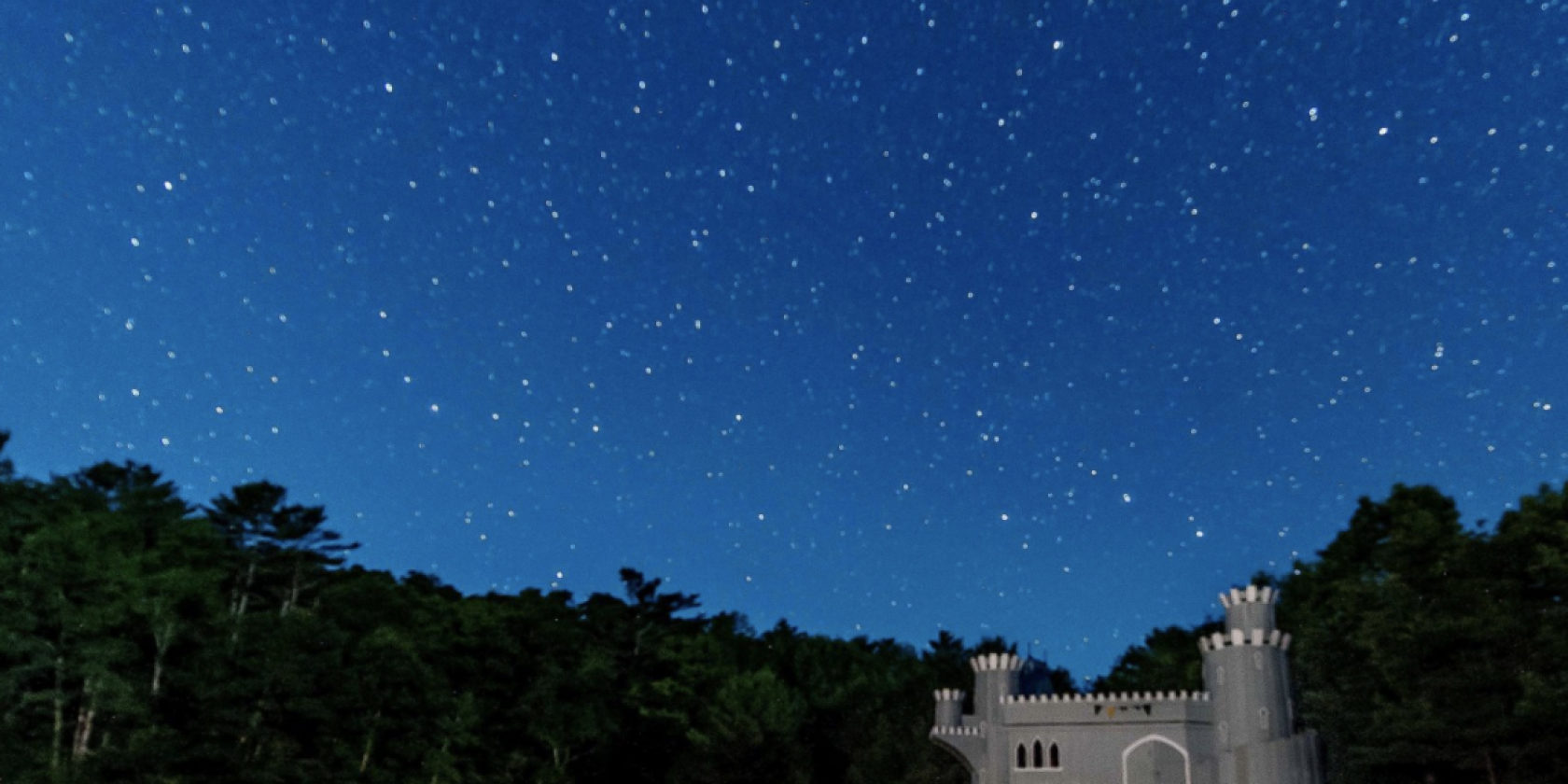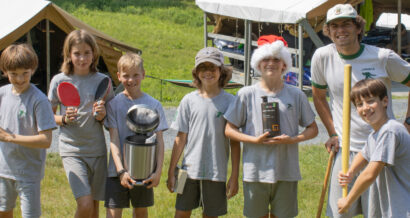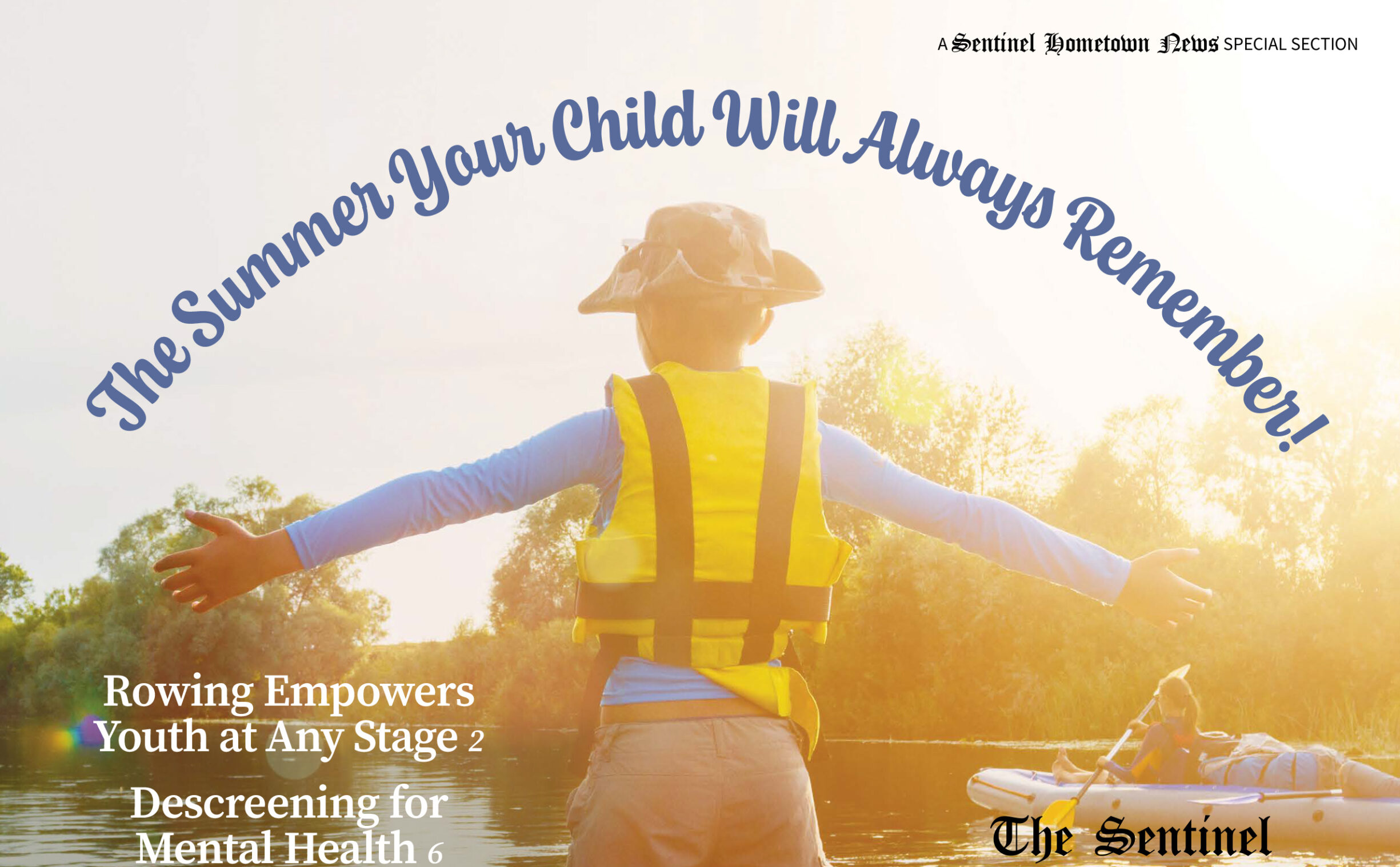 Article
Article


Richard Louv is back, and this time, he’s telling us that not only should children be spending more time in the woods, but that his advice goes for plugged-in adults too. That means you, reading this post on your laptop, and for me as well, writing inside on a beautiful spring day in Vermont. The bestselling author of 2005’s Last Child in the Woods has written The Nature Principle: Human Restoration and the End of Nature-Deficit Disorder, which will be in bookstores on May 10th. Like his previous book, The Nature Principle is likely to make a big splash in the media, and in our collective consciousness, as Louv argues that the success of future generations will belong not to people who focus solely on technology and the digital world, nor to those who eschew the progress made by technological advances and improvements, but to those who Louv would claim, have a “hybrid mind,” able to enjoy and harness the powers of both worlds.
When Louv coined the term Nature-Deficit Disorder, he started a movement, praised by parents, educators, mental and physical health professionals, to get children back outdoors. The advent of screen time, parental fear for children’s safety outdoors, and reduced access to outdoor spaces has meant a decline in amount of time that children are spending in natural settings. Louv and others argue that there is a case to be made for the decline in children’s time spent outdoors being one factor in the increased diagnoses of attention disorders, depression and obesity in grade school children. Louv’s book offers suggestions for ways to encourage healthy outdoor activity, not only in rural settings, but for children growing up in urban and suburban areas as well.

In 2011 Louv writes about more than simply getting your kids off the couch and into the backyard, but about how the demands of our 24/7 world, and electronically structured lives need to be offset with the healing and soothing balm of time spent outdoors. In the June issue of Outside magazine, in an article titled Get Your Mind Dirty, Louv references the recent field of study called “Interruption Science,” concerned with the detrimental effects of the constant assault of electronic interruptions on our mental well-being. Even when adults or children put away the smart phone or MP3 player, we can’t avoid the video playing in the back of the New York City taxi, the PA promotions in the supermarket aisle or the blare of CNN overhead while waiting for a departing flight in any airport. Our senses are under assault all the time, and although the long-term effects are unknown, it goes without saying that taking a breather, from a walk in a local park, to a wilderness adventure far from home, take the edge off of all those interruptions.
The Aloha Foundation clearly makes it easy to offer your child a holiday from our chaotic 24/7 world. Whether as a day camper at Horizons, or a residential camper at Aloha, Hive or Lanakila, children have been “unplugging” during summers in Fairlee, VT for over one hundred years. Long before directors had to cope with policies about cell phones or Game Boys, parents knew that a summer spent living at camp provided benefits that were intangible, related to the confidence built during a summer of challenges, skill-building and simple day-dreaming.

Children aren’t the only ones who can find a natural respite in Fairlee though. After years of hearing parents say, “I wish I could go to camp too,” on Opening Day of camp, The Aloha Foundation opened Ohana Family Camp, where campers of all ages could spend a week reconnecting with their families in a simple, natural setting. Although not forbidden, the clutter of phones, laptops, electronic games and gadgets are discouraged in the common spaces, promoting time for authentic communication. Hulbert Outdoor Center also offers adults ways to get outside, whether with their families at a summer or winter family camp, or, on a gentle canoe paddle to enjoy fall foliage.
Sometimes we all need to be given advice that is actually common sense. Richard Louv’s newest book will very likely end up on the New York Times bestseller list in the months to come, and for good reason. There will be fascinating research and conclusions that will be fodder for many a conversation between educators and parents, as well as between early adopter techies and luddites alike! But like modern science telling us that your grandmother’s chicken soup really does help you get better when you’re sick, The Aloha Camps seem to have instinctively known for more than a century, that time spent playing and working together in a simple, natural setting, is good for everyone.
Laura Gillespie is the Communications & Alumni Relations Manager at The Aloha Foundation, as well as an alumna of Aloha Hive and Aloha Camp, and has been a Horizons and Lanakila parent.

